“Daddy, she is a social media influencer! Wow! She has millions of followers!”
In 4th grade my daughter told me this, making a person with millions of followers on social media out to look like the second coming of Jesus. A social media influencer! Wow. I was not impressed. My daughter made this Internet “celebrity” out to be like someone who had discovered the cure for cancer. It is the same old story: the siren song of fame and popularity— brittle and temporary — but with a new Internet twist. My daughter was awestruck by social media celebrities with millions of “followers.”
These social media “influencers” — who seem to be famous for being famous – can earn big bucks for marketing the products of corporations seeking to get exposure for their wares. Especially in marketing to the young, “influencers” have sway. They have a certain amount of cultural power, I had to realize. This was strange for me, considering I don’t pay any attention to them. I’m not on social media, unlike almost all young people. That is a conscious choice.
But what I really want to talk about here is the Internet, popularity, peer pressure, and conformity. Teenagers, in particular (although all people, to some extent), are subject to peer pressure. But never has conformity, the hive-mind, and the opinions of others been as imperious and powerful as it is today when social media plays such a large role in people’s daily lives. The ability to have your own unique opinion, to think for yourself, and to differentiate from the crowd is much diminished in the age of social media, in my opinion. The ability to think independently is almost at risk. Your risk of being criticized – and even shamed – by thousands of people known and unknown, makes having an unusual opinion incredibly (unacceptably?) risky. The power to conform has never been more strong, in my experience. To hold an unpopular opinion, to be courageous intellectually, has never been more rare among the young than it is today, in my experience. You can be ostracized for it on social media, where not only the hundreds you know but hundreds of thousands or even millions you don’t know might trash your good name for what you say. Teenagers nowadays self-censor, and it is for good reason. And it is not only teenagers.
It is the Internet and social media which has caused this. It used to be that some kid who was bullied in school had to suffer during the day in class and at recess, but he was safe at home. There was your public life in at school, and then your private life at home. But the Internet and social media have almost erased the boundaries between the private and the public. Some kid can be beat up at school in person, and then gets no respite later on. The bullying continues at night via the Internet. At any and every moment you might get attacked online, and so you are not even safe at home in your room with parents nearby. You can never get a break, it is always on, and technology makes that possible.
The same thing can happen with a political opinion. Back in the day a person had plenty of time to think by herself in her room at home all in private. You could examine your thoughts, calibrate your needs, filter your reflections, refine your thinking, and then come to a conclusion. You had the space and time to think for yourself. But you are almost never alone now. You are nearly always in the gaze of others through social media, as the line between the public and the private has almost disappeared. Even when you are thinking through an opinion, you are exposed to the ideas of others via the Internet. There is little space for private thought. You are not giving your independent opinion to only a few friends, or to yourself, where there is trust and safety; you are posting in public where the penalties for having an uncommon point of view or unpopular opinion can be drakonian. You may be severely shamed, by thousands (or even many more) known and unknown. There exists an intolerant and self-righteous vibe on social media for unorthodox opinions. The penalty for speaking “wrongly” can be severe. How many teenagers are ready to stand down the online mob Joan of Arc-style?
No wonder so few young people are willing to move away from cookie-cutter opinions held by others. The self-censoring is rife, as are the stale conventional opinions; this is safer. If you keep a low profile and do not deviate from the norm, if you stay safe in the herd, you do not single yourself out for targeting. So almost everyone does that. It would take a person of enormous courage not to. Especially when it comes to controversial “culture war” issues — race, homosexuality, abortion, gender, or transgender issues — nobody can afford to be seen crossing the line. You will be outcast. Everyone is watching. Everyone is judging. You are either with the in-group, or the out-group. You are an “ally” or an “enemy.” “You are with us or against us.” Conform or be cast out.
It is an old story. But the blurring of the private and the public in a youth culture of ubiquitous online connectivity in a time of severe sociopolitical polarization has given it greater impetus than previously. It is a serious problem, in my opinion. I have seen it with my own eyes.
I still remember my younger daughter spending two hours carefully picking out her clothes the night before her first day of middle school. She was convinced that in no way would she stick out from everyone else in appearance. In middle school, conformity was safety. Blending in was how you did not make yourself a target for bullies; I imagine it is much the same in prison. But that should not be the way it is for adults with more maturity in the wider world. Ideally we don’t all live in middle school, or in jail. And everyone adhering to the same orthodox mould is the epitome of boring and stale. “Unsafe opinions” are sometimes the best and most exciting ones, in the context of free thought which can travel to where logic and emotion leads. I have never seen so few “free thinkers” among teenagers than I do nowadays. I encounter fewer unconventional and interesting ideas. People are afraid, and fear is not conducive of fluent and free thought.
Adults are better, since they have a more developed sense of self, and so a greater capacity for independent thinking, or at least ideally they do. But even among adults there are many who self-censor because of their fear of offending someone or saying something which gets them in trouble. That brave soul back in the day who just told you what they thought and you marveled at their courage and candor… well, they are not around so much anymore. The language police are on the beat, from both sides of the political spectrum, and the penalties have never been stronger for transgressing. (Myself, an adult, had some members of our local Stazi scrutinize my webpage last year.) So I guess we should not be surprised at young people playing it safe.
But there are long term problems: how many young people toe the line of orthodoxy and never really develop their own unique points of view. They never struggle with controversial ideas – carefully weighing all sides of the argument at length – and so arrive at a considered complex opinion which is theirs and theirs alone. So they arrive to adulthood callow and shallow. They struggle to find their own way in a complicated world. Do they really even know who they are? Is there any shortcut to understand who you are and what you want without long and arduous mental and spiritual struggle? Orthodoxy is the enemy of individuation, as you will never think something creative and unique by aping the ideas of others; and orthodoxy in this way has never been more potent and rife in the age of social media, where the iPhone in your hand speaks to you nonstop, day and night. The social media streams never sleep; the online conversation does not stop. The herd mind emotes much, but thinks little; it shares and likes and dislikes, but that is not really thought. It is about belonging to the group and fitting in, so that you do not stick out; you don’t want to be attacked. So people self censor, so as not to be attacked. Nobody wants to be shamed or ostracized. It can happen. It does happen.
Our need to be accepted and sheltered by the collective is abutted by millions of years of human evolution. There is perhaps no threat more dire than being outcast by the tribe. But belonging to the tribe only takes you so far. You have to find out how you are different from the tribe, too. Otherwise it is stale conformity and nothing more. And in today’s age of social media, the pressure to conform has rarely been stronger. (Yes, I will admit “conformity” would be way worse in the mid-20th century totalitarian societies, or during the Spanish Inquisition or the like. But my point remains.) People want to be popular and appreciated. They don’t want to unpopular or shunned. They want to belong. So they toe the line ideologically to go-along to get-along: this is where we are.
So the conformity on social media networks is one problem. But adjacent and related to that is maybe even a bigger problem in the desire (the need?) to chase popularity and acclaim in the public eye. A person wishes to be seen, and to not be ignored.
Look at the following excerpt:
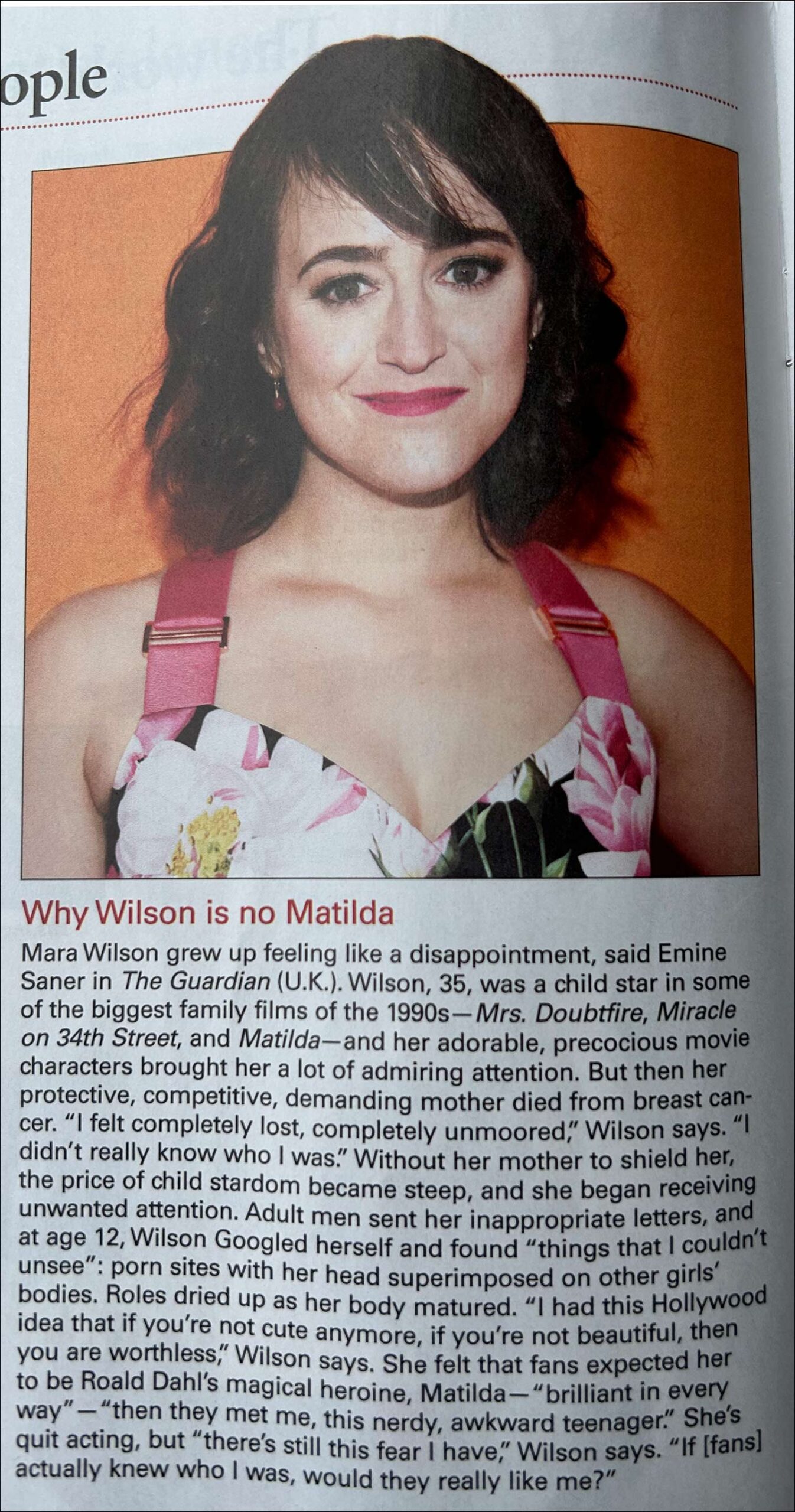
Mara Wilson is so preoccupied with fame and popularity as a childhood celebrity that it well-nigh ruined her life, as you can see. By the time Mara is an adult, having lived so much in the public gaze, she looks at her public image and thinks, “Is that really me?” Mara looks at her face in the mirror when she is alone and questions who she really is. She wonders if she is even likable. “If they really knew who I was, would they like me?”
How sad is that?
She is worried about her popularity and fame, and so she is worried about being appreciated and accepted. This perhaps is a situation particular to “celebrities.” But in the age of social media, with such a thin line between the public and the private, is not everyone in their own way trying to become a celebrity? Are most young people worried about their popularity on social media? “You aren’t really anybody in America if you’re not on TV,” ran a particularly mordant line in the the 1995 movie “To Die For.” Should we update that today to read: You aren’t really anybody in America if you are not popular on social media? If you’re not a “celebrity”? Or an “influencer”? Is it better to be flamboyant, loud, and in/famous online, rather than being quiet, thoughtful, and unconventional offline?
Isn’t this why a small number of kids shoot up their schools? A misbegotten desire for fame/infamy earned by cold-blooded mayhem and murder? Isn’t it better to be an in/famous villain who is vicious than a meek loser who nobody knows?
Or more to the point, if a young person is almost unknown in the public eye, do they still have value? Because they don’t play the game of trying to get attention, do they suffer? In America is there a price for not being “popular”?
And is there a price for being “popular”? Is that price paid in the currency of loss of privacy and inauthenticity of self? Narcissism and a certain artificiality?
When I was growing up I had the space and the privacy to become my own person. I might talk with close friends and my family, but mostly I kept my own counsel. Nowhere was I being questioned by my peers or getting attacked by strangers on anything like the social media of today. And thank God for that! Over the years I could develop the self without being judged by a self-righteous hive-mind of the collective, which is all too often intolerant and/or hostile. I am enormously grateful for that gift. I fear for my own daughters who do not have that same individual freedom and space to differentiate. I was able to become the kind of adult rooted in my convictions that I did not care much if people didn’t like me.
In my second teaching job, during a few difficult weeks in 1999, a cabal of “concerned parents” found my personal webpage and militated with my principal to get me fired for “problematic viewpoints” in it. I could unblinkingly look those parents in the eye and say, “I did not mean to give you offense when I made those pages, but neither did I intend to please you. And I don’t care much if you liked them or not. They are not any of your business.” There was my public life at work, then there was my private life at home. So I continue 24 years later. I maintain a real difference between the public and the private; and while my professional life is important, my private life is more important. I have to look myself in the face in the mirror, after all, and live with what I see. I have to live in my skin all the time. In contrast, work is but a few hours per day. And I can quit my job, if it becomes something I can’t live with. I can’t “quit” myself, although some do.
I like myself, or at least I am comfortable in my own skin. I know who I am. I have no apologies. It took me a lifetime to get here. A desire for social media popularity, or pop culture fame – brittle and temporary, the ebb and flow of public attention – that all would have made growing up much more difficult. I am lucky to have grown up without ubiquitous technology pervading my daily thinking: that is how I see it now. I had the space and freedom to learn and think. I had a private life.
Will my daughters be able to say as much? Will they have the freedom and courage to reflect deeply about a complicated world as they grow up with social media and 24/7 connectivity, with the blurring of the public and the private? Will they just sort of march in lock-step with the hive mind, unable to think for themselves?
Will they be adults making such adolescent comments like, “If they really knew who I was, would they like me?” It is pathetic.
Full grown adults are who they are, and their friends like them for it, and the others don’t matter so much.
They don’t blow this way or that in the wind with the latest trends. Popularity is not so important as it may seem; how you think about yourself is so much more important than how others think of you. You don’t have to contort yourself to please others. You are not for sale. There is no fluctuating price put on your person, as with companies on the stock market. You don’t have to garner millions of views online to be worthwhile as a person. If your online persona went away, in real life you would be fine. Adults who grew up before social media understand this better, but for young people it is not so clear.
Look at the “winners” on social media who get so much attention. There are the “attention whores,” so-called, who sell their online personas not necessarily for sex, but for your time and attention. On social media they crave your eyeballs. They want you to look at them. They have millions of “followers” on social media. But make no mistake: they are still selling themselves. They seek to sell their popularity to businesses eager to market their wares. It is transactional.
Or at lower levels “influencer wannabes” want you to notice them merely to inflate their egos: they aren’t paid by sponsors on social media, so essentially they work for free, except that tech moguls make millions off their narcissism with targeted advertisements. That is the business model. You give up your privacy for access to the platform, and they monetize it and make mounds of money off you. Who is benefitting more from this arrangement? You? Or them?
But no matter. Give it five or ten more years and all these social media personas major and minor will wither on the vine and expire. Times will change. There will be some new technology trend at play and a different dynamic online. Most social media “influencers” will be long forgotten, deservedly so, and even the companies themselves will morph, evolve, or even die. Good riddance! The social media accounts of days past will also be gone. (You probably hope they will be gone. But all your postings probably are stored on a server somewhere to embarrass you later.)
But you will still be here, hopefully. What will you look like then? What kind of person will you become?
My precious and beautiful daughters!
Do you like what you see when you look in the mirror? Are you comfortable in your own skin?
I so much hope so.
There is almost nothing more important.
Are you content with your own company? Can you sit by yourself and be untroubled?
Are you calm? Are you at peace?
As Benjamin Franklin said, “The discontented woman finds no easy chair.” And the contented woman finds nowhere she cannot feel at home.
Look inward and think. Take the time to really reflect. That is the way. Ignore fake brittle online popularity and the fool’s gold of fame. That way lies unhappiness. Turn your back on electronic distraction and nonstop persiflage. Instead move towards meditation and silence.
My daughters, my heart, my legacy.
Be honest sober prudent humble human beings.
Not attention chasing sirens who would sell your souls for a bit of brittle temporary fame.
You are enough by yourselves. There is nothing you need outside of yourselves. Look inside for the answers. They are there.
Don’t look for them on social media. The meretricious nonsense which occupies so much of the world’s attention will distract and leave you hungry for more substantial fare. Eschew the fool’s gold of popularity, and dig instead from those deeper veins which will yield the meaning and nourishment you need.
Trust that you will know the difference. Believe that in God’s good time you will understand what I’m trying to say. Place your faith in what is real and lasting, not on what is illusory and fleeting. Make a meal out of that which is healthy and nourishing, and you will never go hungry.
It is enough. That is enough. All the rest is just noise.
Love,
Your Father


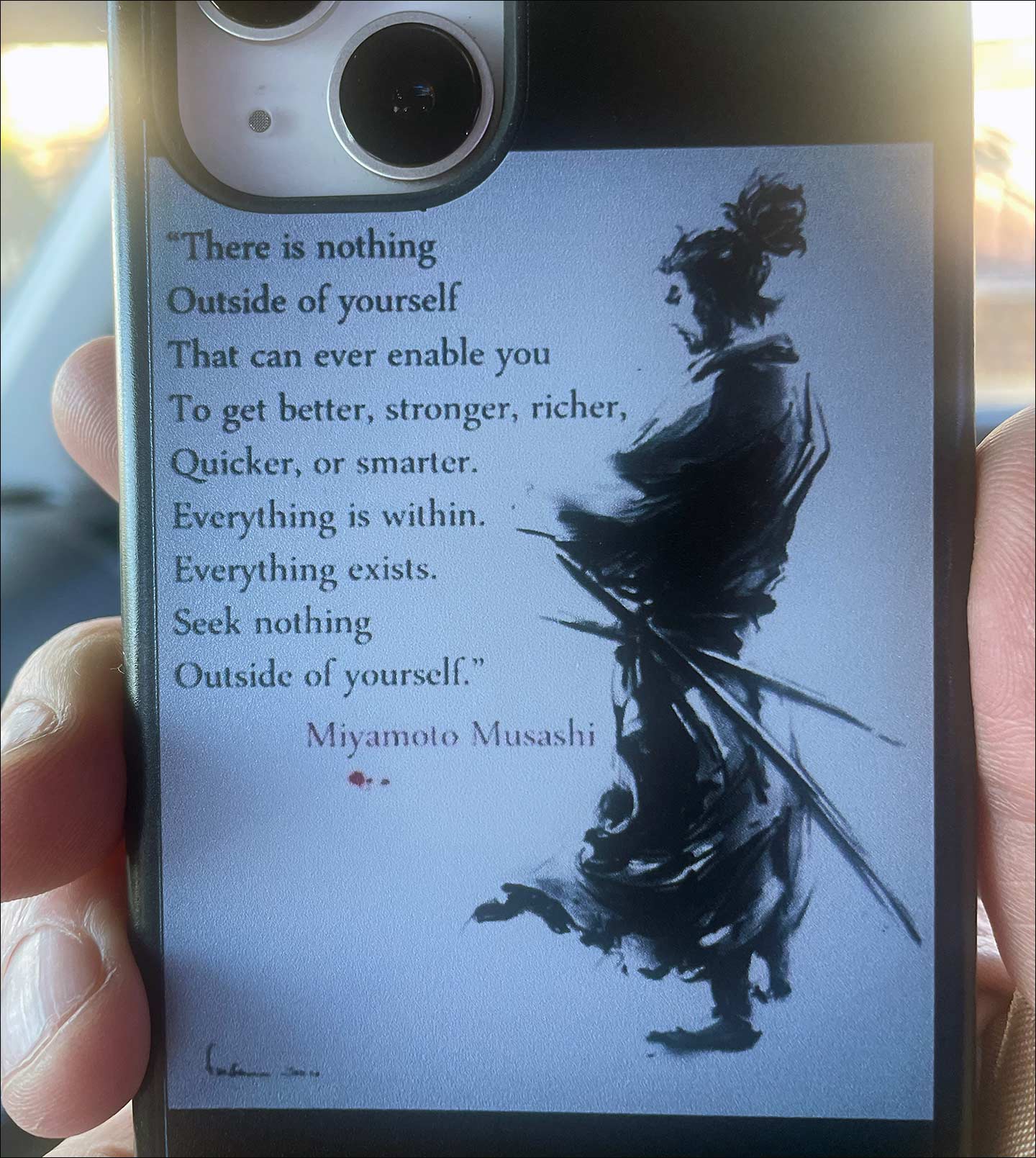

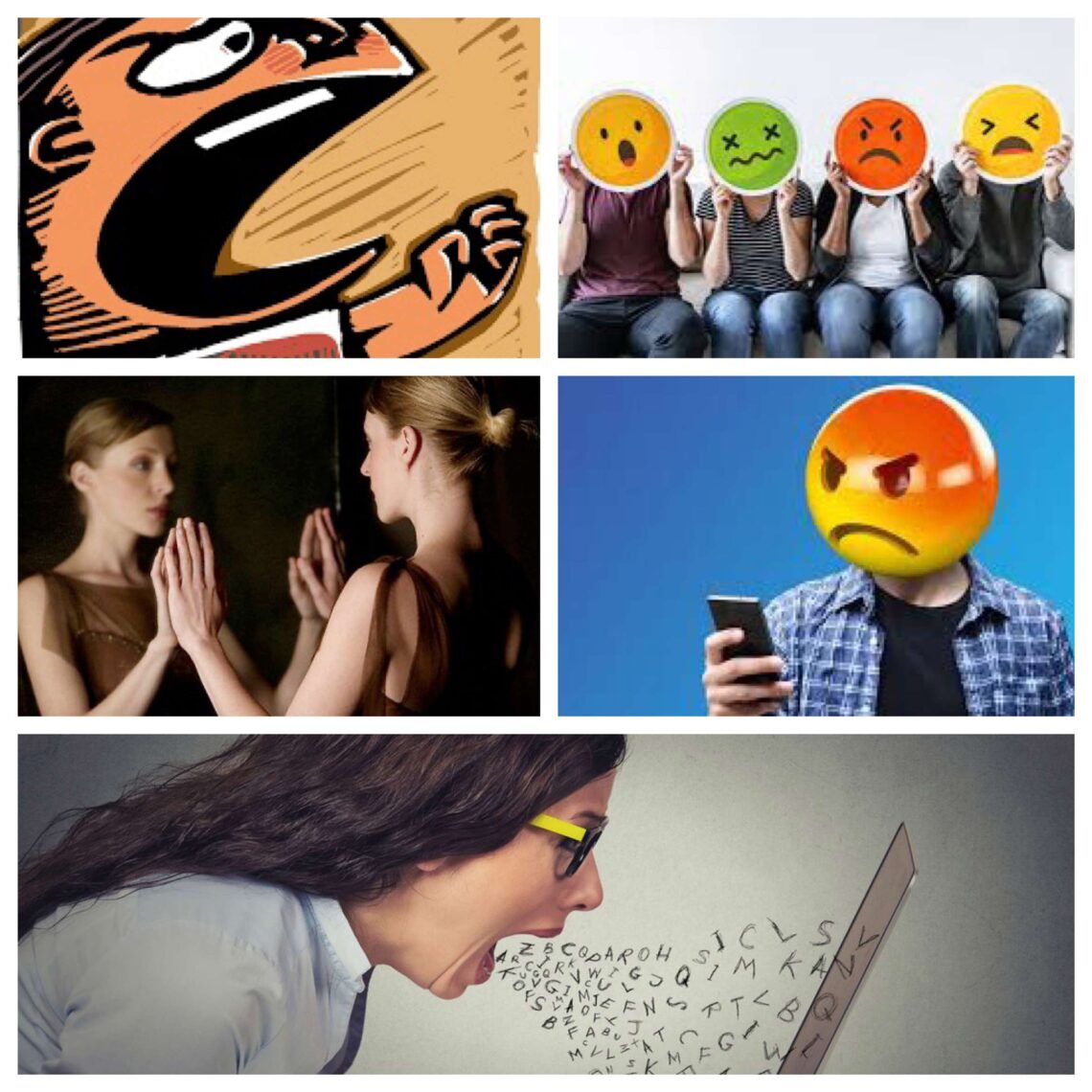


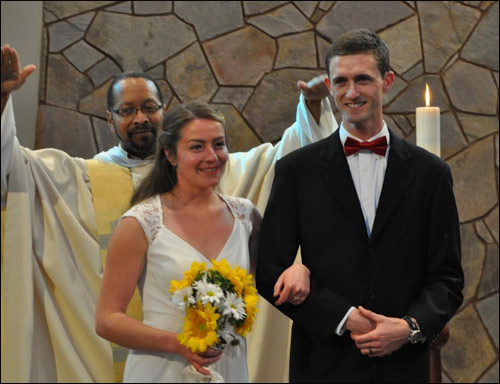

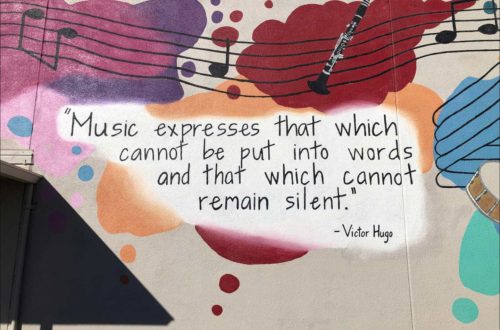
2 Comments
Josh
Rich, being popular while growing up is one of those things which seems hugely important at the time but isn’t. Things have a way of evening out.
rjgeib
True enough. But there are plenty of grown ups who chase attention and popularity full time, too.